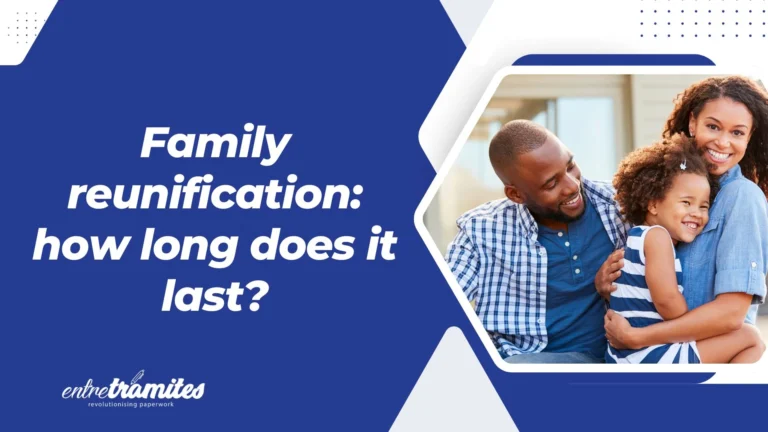Within economics, it is defined as the practice adopted by multinationals and other companies of conducting transactions within their own organization, rather than relying on an external market. Spain has placed special emphasis on the internationalization of SMEs and self-employed, recognizing their potential to increase productivity, quality of employment, salary levels and innovation. In this article, we will analyze the importance of the internationalization of SMEs and self-employed, as well as the support available to them in Spain.
The benefits of internationalization
The internationalization of SMEs and Self-Employed has a series of positive impacts on their productivity, quality of employment, salary levels and innovation. By opening up to other markets, SMEs can achieve greater economic growth and sustainability. Commercializing products or services in foreign markets also increases opportunities to generate income, as well as to develop new ideas or techniques.
Internationalization also helps reduce dependence on a particular market, eliminating the risk of business failure due to fluctuations in market trends or changes in customer preferences.
At the same time, internationalization can help reduce costs associated with marketing and advertising. By entering foreign markets, companies can benefit from lower operating costs as well as the ability to gain a competitive advantage in terms of pricing. In addition, it can help create jobs and bring economic benefits to the country in which the company is located.
Support for SMEs and Self-Employed workers in Spain
The Spanish Government has placed great emphasis on the internationalization of SMEs and self-employed workers, recognizing the potential of this sector from both an economic and social point of view. There are a number of financial and non-financial tools available to support the internationalization of SMEs and self-employed in Spain.
The most important of these initiatives is the Digitalization-CV 2022 program, which provides subsidies to SMEs for the implementation of Industry 4.0, the value chain integration and the development of new products and services. In addition, the Government of Spain offers tax advice for SMEs and the self-employed, with a specific financial and tax management guide.
In addition to the financial support mentioned above, the government also provides a number of other forms of internationalization support. These include support for market research, viability studies and market access. In addition, SMEs and the self-employed have a wide range of technical assistance services, from seminars and workshops to legal advice on internationalization and access to international trade networks and public-private partnerships.
Achieve successful internationalization of SMEs and Self-Employed
The first step towards successful internationalization is a thorough analysis of the company’s initial situation. This should include an evaluation of the business environment, the global situation of the company and its competitors, as well as the current and potential evolution of the market. It is highly recommended to engage the services of a professional consultant to ensure that this analysis is carried out correctly and accurately.
The next step is to identify the opportunities available in the target market. This involves researching the customer base, competition, new product development, and potential distribution channels. Once opportunities have been identified, an action plan must be developed to take full advantage of them. The plan should be tailored to the specific needs of the company and include budgets and financing, as well as marketing and communication strategies.
Finally, it is important to ensure that the internationalization of SMEs and Self-Employed is monitored and adapted based on changing market demands. This should include budget assessments, progress reports, and communication with interested parties.
Internationalization is an important way to achieve economic growth and sustainability. In Spain, there is a wide range of financial and non-financial tools available to support the internationalization of SMEs and self-employed, from financial grants to technical assistance services.
However, although the range of these tools is abundant, successful internationalization requires effective planning, budgeting and monitoring. With the right advice, attitudes and strategies, companies can potentially achieve their goals and access new markets.
Do you need more information about expanding your company in Spain?
At Entre Trámites we offer various services of management, advice, and support in bureaucratic procedures for self-employed, SMEs, and other types of companies. Contact us! Through our contact form, you can leave your details for us to call you, schedule a free consultation, or simply text our WhatsApp.





